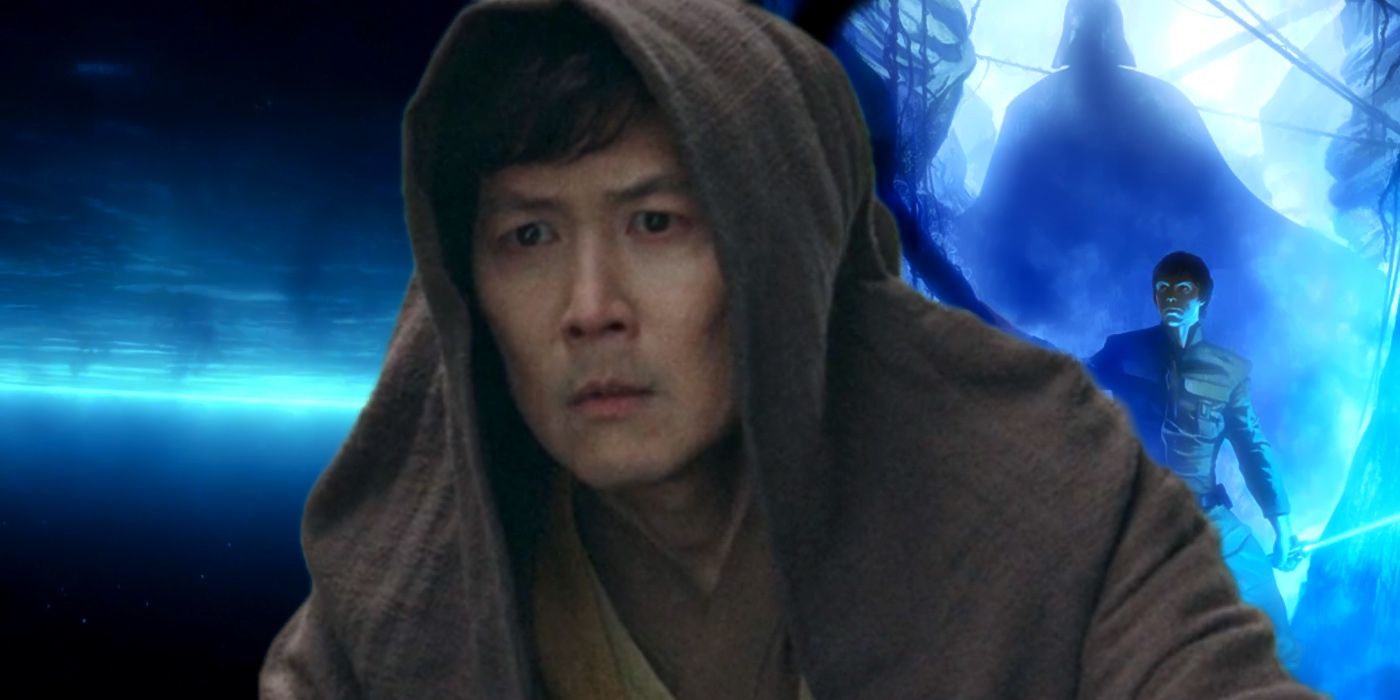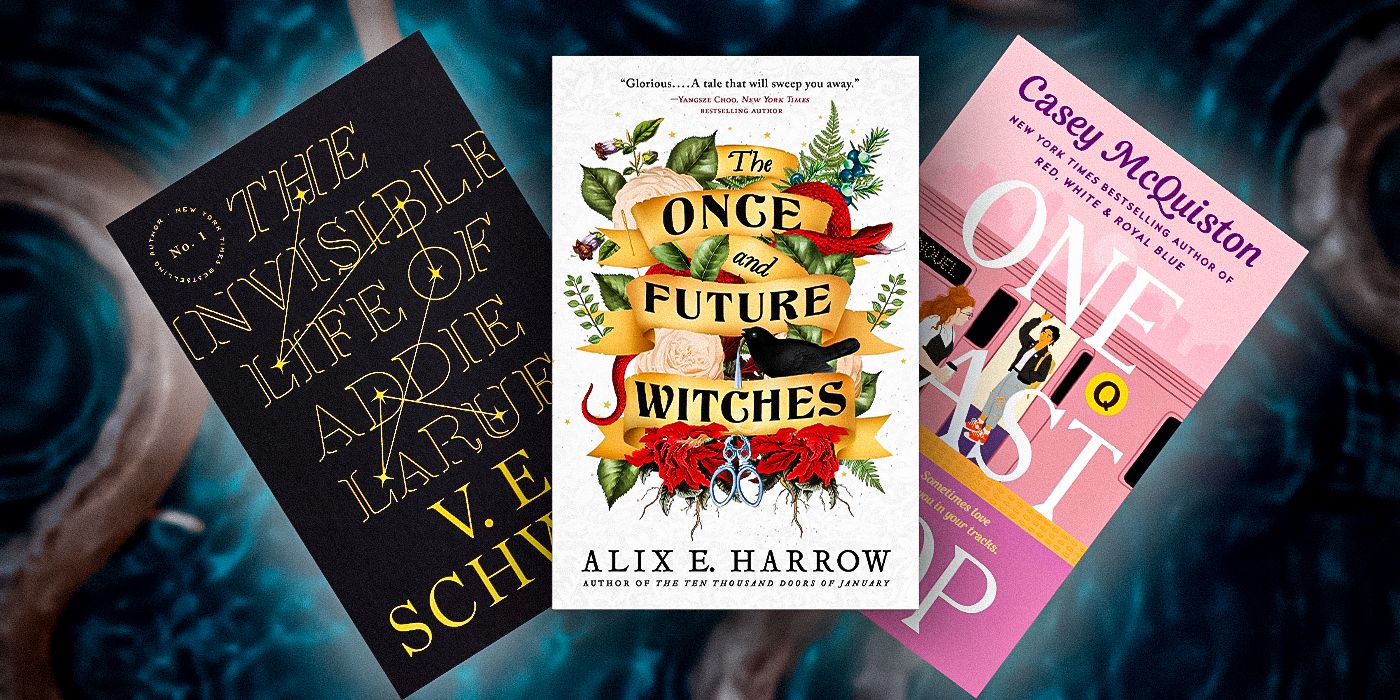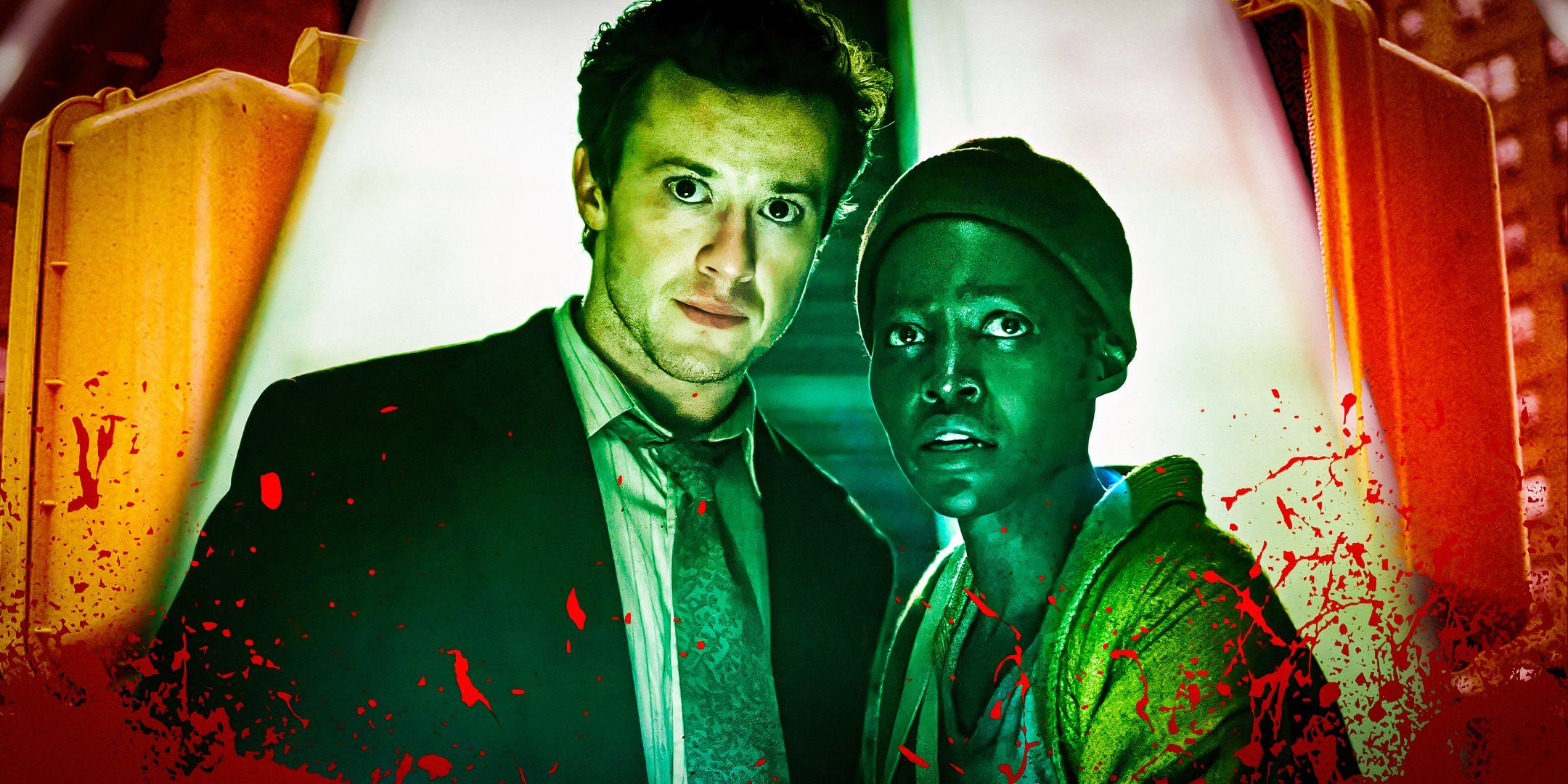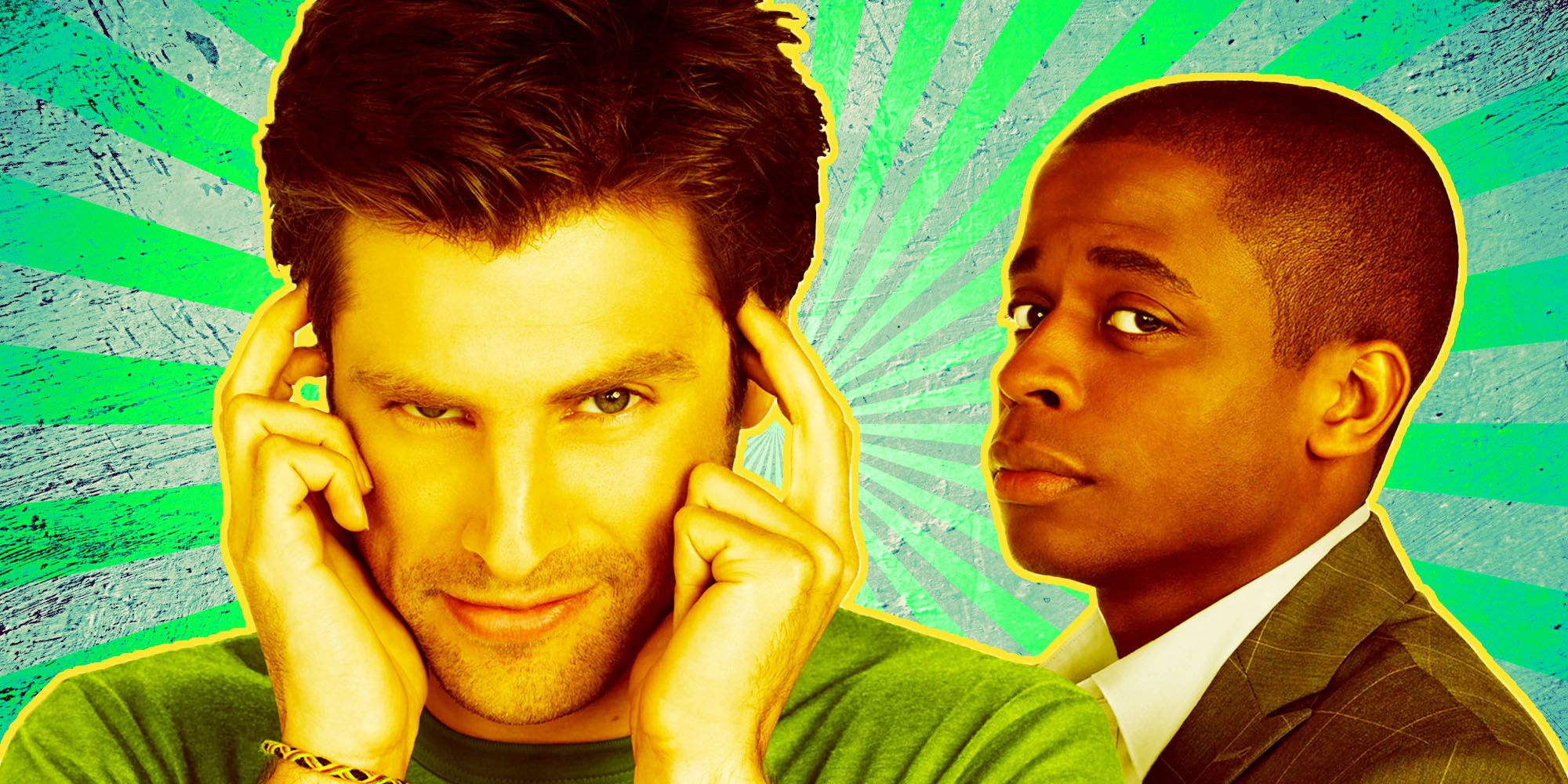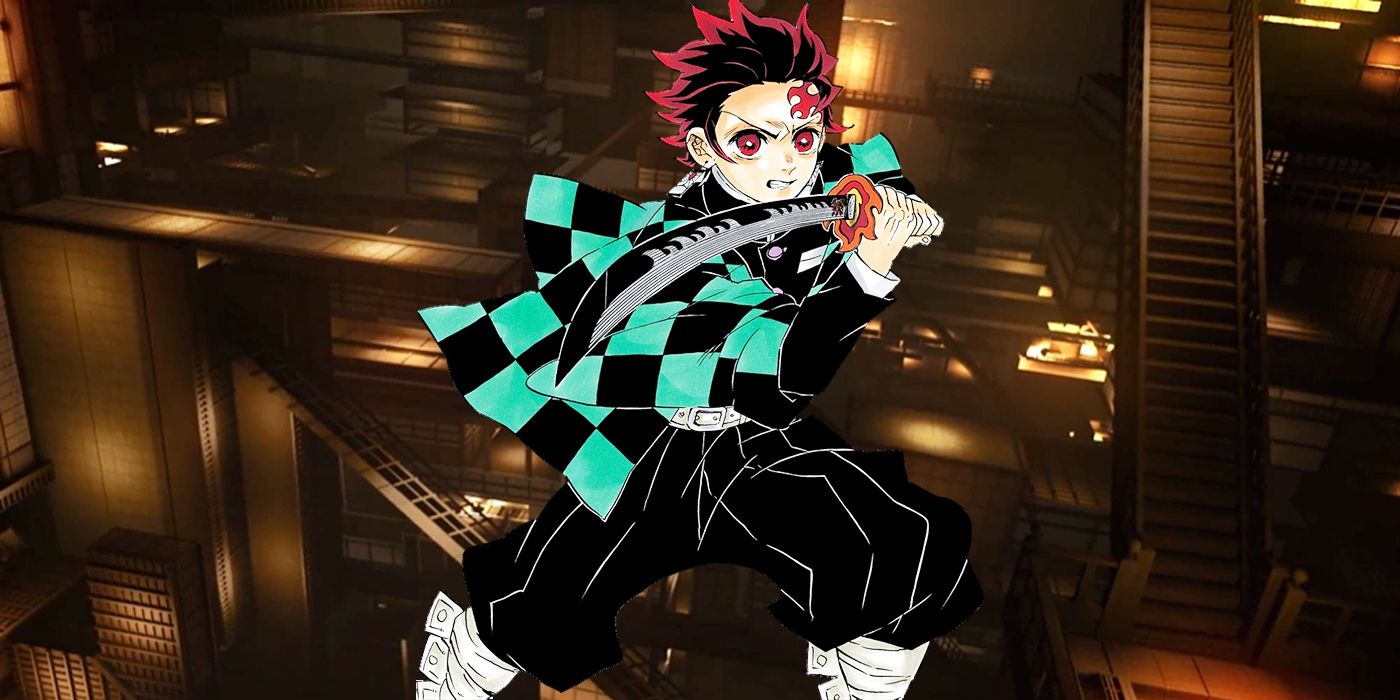Leslie Iwerks may be an award-winning documentarian in her own right, but she’s also the granddaughter of Ub Iwerks, the co-creator of Mickey Mouse (along with Walt Disney himself, of course), and the daughter of Don Iwerks, who spent three-and-a-half decades at Disney, ultimately as an executive – meaning that the very DNA of the Disney theme parks has been intertwined in her own genetic code from birth. Leslie has combined these two facets into The Imagineering Story, a love letter to Walt Disney Imagineering, the theme-park design unit within The Walt Disney Company that Walt himself founded in 1952.
Originally envisioned as a 90-minute film back in 2012, Imagineering Story grew over the years of its production, ultimately transforming into a six-part miniseries that eventually got picked up by the brand-new Disney+ streaming service. With audience acclaim since its debut on November 12, there is currently talk of transforming the miniseries into an ongoing one, with a potential second season arriving sometime in the (hopefully near) future.
Leslie sat down with Screen Rant to discuss this possibility, along with how Disney+ has impacted her labor of love, how Imagineering compares to the space race, how theme-park design is affecting other businesses and industries, and why the show isn’t just for Disney fans. The conversation has been edited for time and clarity.
The Imagineering Story is currently streaming on Disney+. Its finale drops on Friday, December 13.
I know that The Imagineering Story started off as a two-hour movie, and it progressed over the course of four or five years into a six-hour miniseries, and, at some point, Disney+ came in. I’m just curious how, exactly, that streaming service had heard about your project, and how they came to be involved in it.
Well, an executive named Agnes Chew – who, I believe, came from ABC – was brought over to Imagineering to help with a lot of their creative projects. And one of those she was asked to kind of help with was our series. She came to a number of the screenings we had and watched the shows and gave really great notes and feedback. And then she got tapped by Bob Iger to go over to Disney+ and help run that.
So, when she went over there, about a month or so later, she called me and said, “You know, we think that your series might be something that could be good for the Disney+ streaming network.” And I said, “Okay, great.” So, anyway, we finished up our cut and sent it over there, and they watched it and really thought it might work. From that point on, it became about negotiating and getting things over to Disney+.
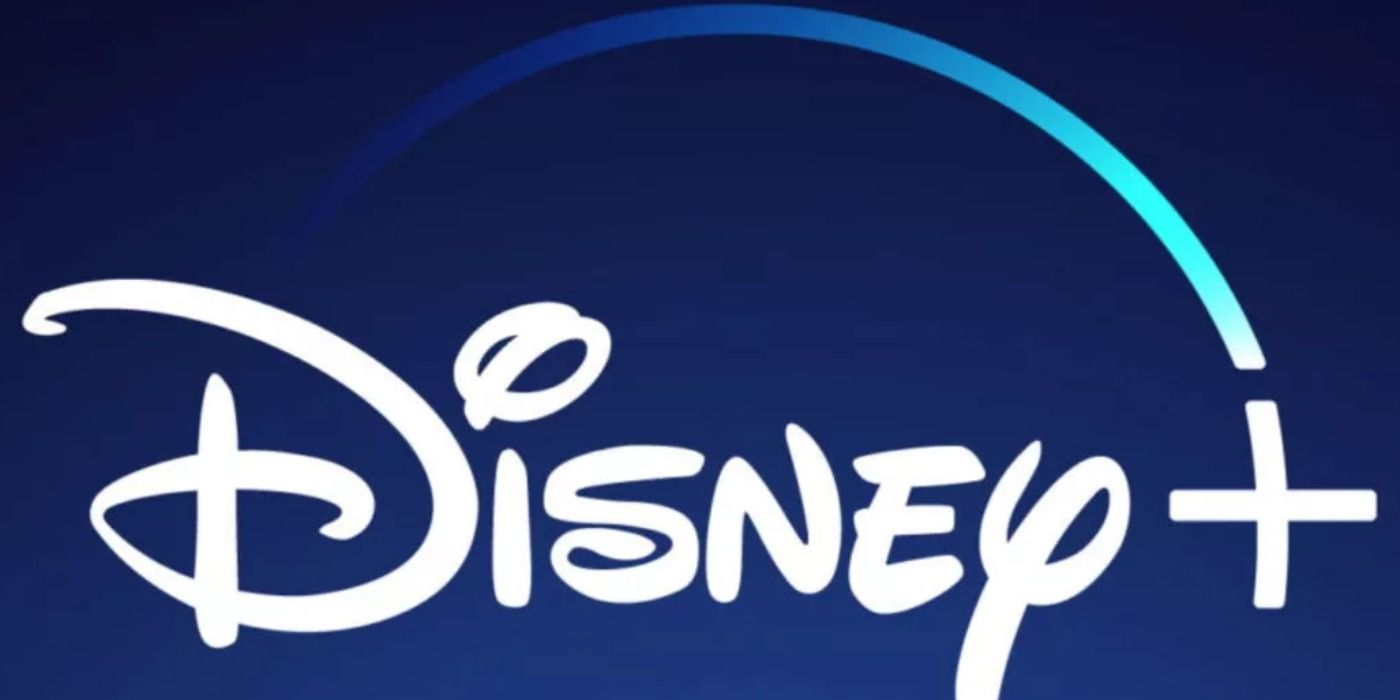
Is it true that you had to wait a whole year – all of 2018 – not working on it until everything could be ironed out?
Yeah, I wasn’t working on that – I was working on other projects. So, we put that one on hold and finished up some others, and then, when they were ready to start up with the funding again, then we jumped back in – late 2018. Actually, it was January of this year – 2019.
It probably seems like all a blur, even though it’s been, what, a seven-year process?
Yeah.
With Disney+ specifically, I know they asked you if there were other materials or elements that you wanted to incorporate, and you did more behind-the-scenes footage at the various attractions at the various parks, right?
Yeah, I think the Disney+ team – Dan Silver and Agnes Chew – are really great at story, and they came in with really great notes from the very beginning and felt that what it really needed was more character development. So that’s what we embarked on, kind of highlighting a few more of the Imagineers, doing some more verite, spending a little more time with them seeing the parks through their eyes versus just talking heads. So, that’s great.
And I did that in other areas throughout the filming, but, in this case, we were able to go back and kind of do a little bit more. It was fun. The next shoots in January were really about going back and getting more of that first-person storyline. Keep in mind, when we started this thing, it was 90 minutes, and so there wasn’t a lot of room for that kind of thing; you know, we had to tell a lot in 90 minutes. So when it became a series, we could explore new styles and additional shooting. It was a good team effort, no doubt.
Do you think there are other ways in which having your show be on Disney+ changed it?
To answer that question, we weren’t sure – when we had a six-hour cut – where it was going to go. We thought maybe it would be something on Netflix – we weren’t sure. But then, when Disney+ was announced a month later, the timing couldn’t have been better. The fact that Disney has been promoting Disney+ like crazy, and the amount of promotion they’ve done for the shows at the launch of the network, has been a real added bonus for all the hard work that we’ve put into it over the years.
So, we were thrilled to be there at launch.
Have you been receiving a lot more feedback, do you think, because of that – a lot more interest?
Probably. I think, at the end of the day, this story really is for the fans. I mean, who else is your main target audience except Disney fans? So, it just makes sense that it would go on a Disney network of some sort. I think we would get a lot of traction if it were on some other streaming service, but I don’t think it would be nearly as much as it is on this. We’re thrilled it’s coming out now and on this network.
And I think that it’s also something that I hope people that are not Disney fans will watch and really find a new appreciation for the parks. It’s also a business story, you know? It’s something that a lot of people can learn from from a stand point of entrepreneurship and hard work and a lot of trials and tribulations. Look at all of the business stories that are in the six hours – it’s a lot. And to have interviewed Bob Iger and Michael Eisner and some of the key figures in the early days of Disneyland and Walt Disney World, that helped frame to me a very important business story.
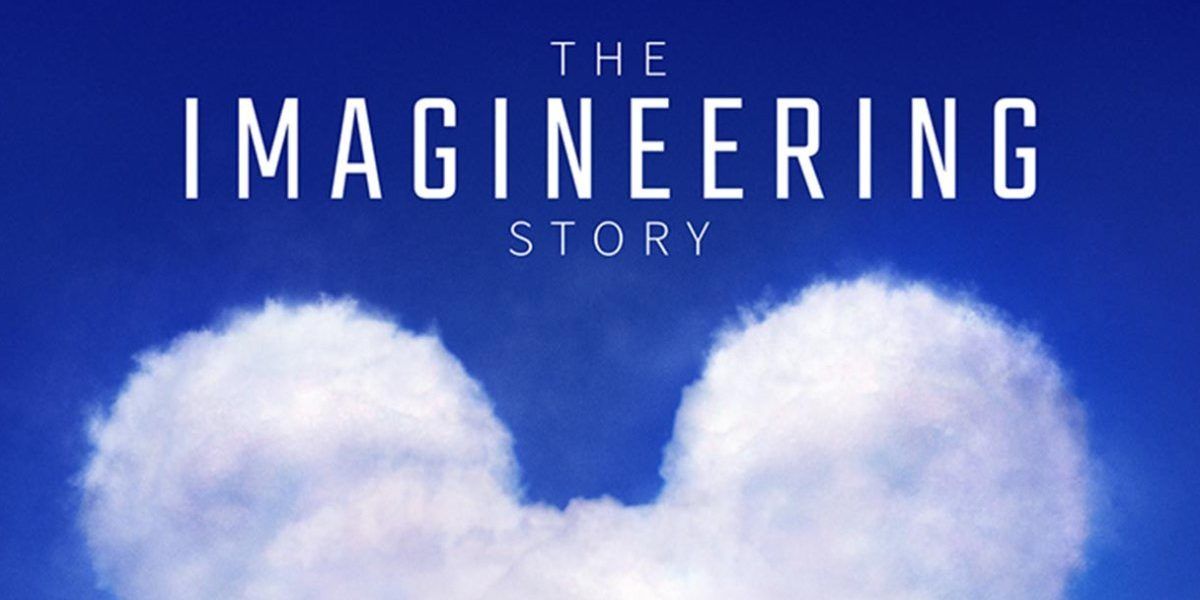
That’s an interesting point. It’s almost like you could do a whole spin-off story about the business lessons from Imagineering.
Right. So much of it is the circumstances they’re dealt with, but also how they preserved through those. That’s the real interesting part, ‘cause Walt Disney created the happiest place on Earth, but creating happiness is hard work, and that’s what this story is all about.
More generally, Imagineering, to me, always seemed like the space program – I think it’s something that’s very important, it’s an endeavor of love and knowledge, but it’s not something that’s not always necessarily appreciated or, even, funded by those people outside of that small circle.
Right.
Do you think that’s a fair comparison?
Yeah, absolutely – I think it’s a really smart comparison. I think so much of what Walt did and what Walt inspired way back when was very much in its own – in a very different way – was John F. Kennedy saying we can put a man on the moon in pretty much record time, before the decade’s out. Walt Disney gave his Imagineers one year to build Disneyland, which was a virtually impossible feat – certainly possible in today’s terms, but the fact that he had such a vision for what this could be and knowing that it was just the start of something that could be greater. And it really took his brother, Roy, to take it to the next level and solidify it for the future. So, I agree. And the tools that they had, without Xerox machines or cell phones or the modern technology that we’re so used to for our speed of communication – they had none of that. It was pretty impressive.
I think the more I look around at our modern culture, the more that I see the tenants of theming and theme-park design kind of creeping in, like different restaurants that have different themes now, and everything seems to be about immersion and trying to get people to stay in a given environment, and virtual reality and everything else. So, given all that, how important do you think the role of Imagineering has been to Disney as a company over the decades?
Well, I think Imagineering has kind of been a nucleus of so much of what they have done in physical ways, meaning restaurants and hotels and theme parks, but I also think that not only has it impacted The Disney Company, but it has impacted other industries in ways that we kind of – I don’t know take for granted, but we may not realize the inspiration. I mean, you look at The Grove down in the heart of LA that is a shopping center or shopping mall – I don’t know what you wanna call it – but it’s very much inspired by Main Street, USA [the first themed land at both Disneyland and Magic Kingdom]. I interviewed Rick Caruso [The Grove’s creator], and he told me how much he was inspired by Walt and really wanted to bring that feel and that culture and that sense of entertainment and immersion to a shopping center and build his own Main Street. I mean, he’s got his own trolley and everything on there.
That has expanded into other shopping centers all over, you know? And I think it’s inspired – obviously – other theme parks to up their game, too, and now it’s like who knows what’s going to happen. I mean, everybody’s just going full speed ahead on creating new immersive worlds, right?
Yeah, definitely.
But I think at the heart of it, though, is a sense of hospitality, and I think that Disney has hospitality down like nobody else in the industry or the world – I’d say in the world. They have hospitality down. And I think a lot of restaurants and businesses have been taking a page from their rule book, if that’s the right expression, and I hope more people continue to do that, because when you go to Disneyland, you walk into a very happy place – you walk into a place where you feel comfort and joy, where you feel like you’re taken care of. And I think that the businesses that do it right are taking that same sort of hospitable philosophy, and I feel like more and more business should take more of that philosophy – especially restaurants. I find that pretty interesting.
So, what you’re saying, basically, is that it’s creating the atmosphere both literally around you, with the details and the colors and the storytelling, but also creating the atmosphere more figuratively, creating an atmosphere of comfort and relaxation and childhood.
Right. Not necessarily childhood in every location, but definitely a feeling that you’re being taken care of. You’re welcome to be there. You’re being welcomed.
In my mind, I almost see how important Disney+ is to The Disney Company today, 2019, and I almost wanna draw a comparison to how Imagineering was for the company back in the ‘50s and the ‘60s. It seems like it’s kind of on – or it could be on – the cutting edge of redesigning the company and having all these different parts and components swirling around it, making it potentially the biggest money driver of the whole company. Do you think that’s going a little too far?
That’s hard for me to say. I wouldn’t be the right person to answer that question – you should ask somebody at Disney about how they feel about that. I think Disney+ is going to be a great thing for the company, and I think it’s positioned extremely well against all the other streaming platforms, but as far as what it’s going to do or how it’s going to do compared to other business models or departments within the studio, I wouldn’t know.
You mentioned previously that The Imagineering Story might be an ongoing series, and not just a six-episode miniseries. Do you have any idea when that decision may be made?
I don’t. Again, it’s been kind of floated about, but there’s no hard discussions going on right now about that. Of course, I think a lot of fans hope so, and, of course, we’d be happy to continue.
Do you have, in your daydreams, a couple minutes where you think, “Oh, I’d do a second season this way,” or, “This is the specific angle I want to take on this”?
Yeah, we definitely floated a lot of ideas around, and there is a lot of footage on the cutting-room floor that hasn’t seen the light of day that we could definitely cut together and share more stories and backstories and things like that. It seems like the stories are endless, really.
